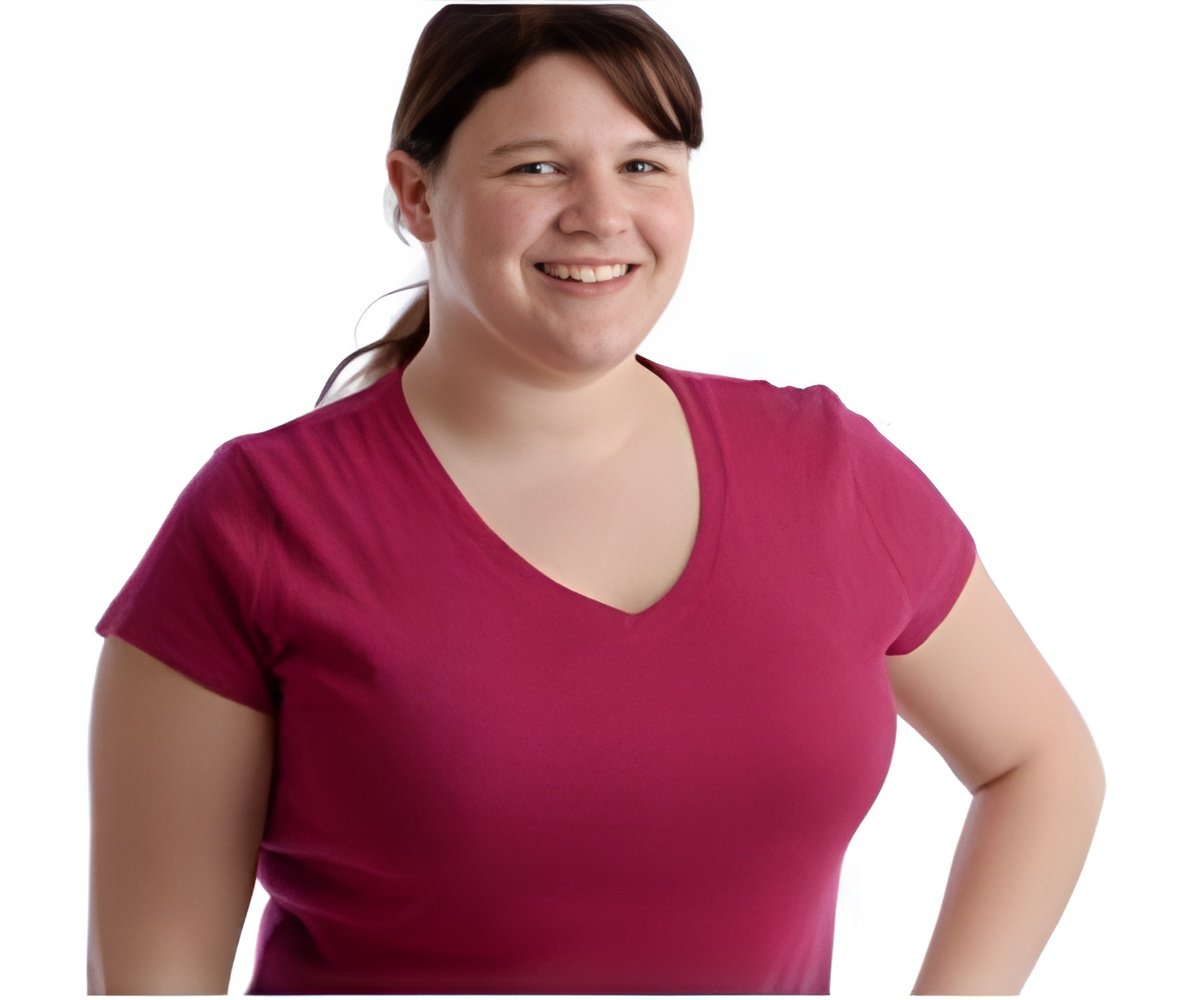
It also includes not allowing the baby enough "tummy time" -- when a baby lies on her belly to play while a parent supervises, according to a new study that will be published in next month's issue of the journal 'Pediatrics'.
"These results from a large population of infants -- especially the high rates of television watching -- teach us that we must begin obesity prevention even earlier," Eliana M. Perrin of the University of North Carolina and lead author of the study was quoted as saying.
The study included a large and diverse sample of 863 low income parents. Fifty percent of the parents were Hispanic, 27 percent were black and 18 percent were white.
Among all the parents, behaviour patterns that are thought related to later obesity were highly prevalent, the study found.
Exclusive formula feeding was more than twice as common (45 percent) as exclusive breast feeding (19 percent). Twelve percent had already introduced solid food, 43 percent put infants to bed with bottles, 23 percent propped bottles instead of holding the bottle by hand -- which can result in overfeeding -- 20 percent always fed when the infant cried and 38 percent always tried to get their children to finish their milk.
Advertisement
"What this study taught us is that we can do better. While we don't know the exact causes of obesity, families of all races and ethnicities need early counselling to lead healthier lives," said Dr Perrin.
Advertisement
Source-IANS








